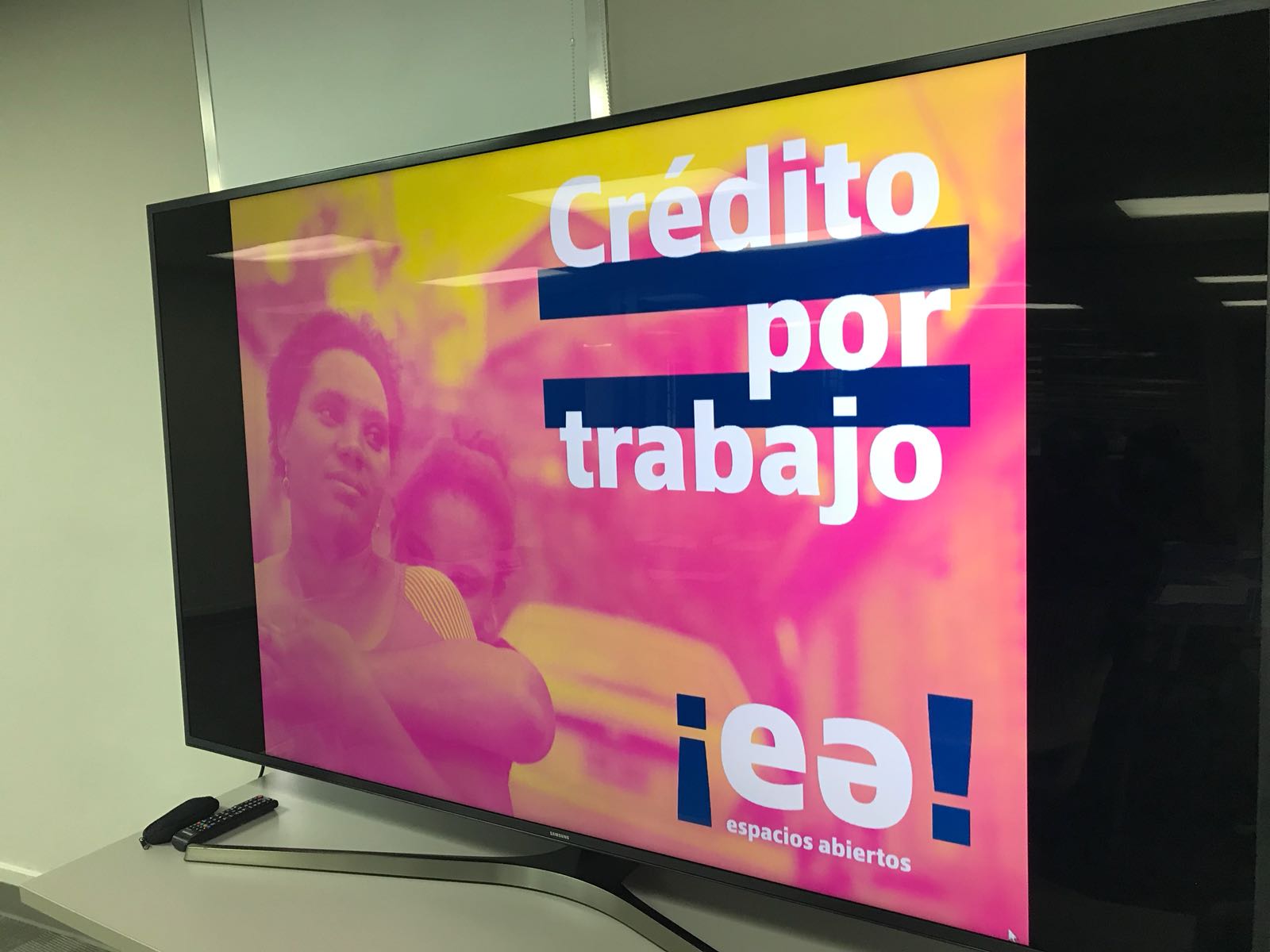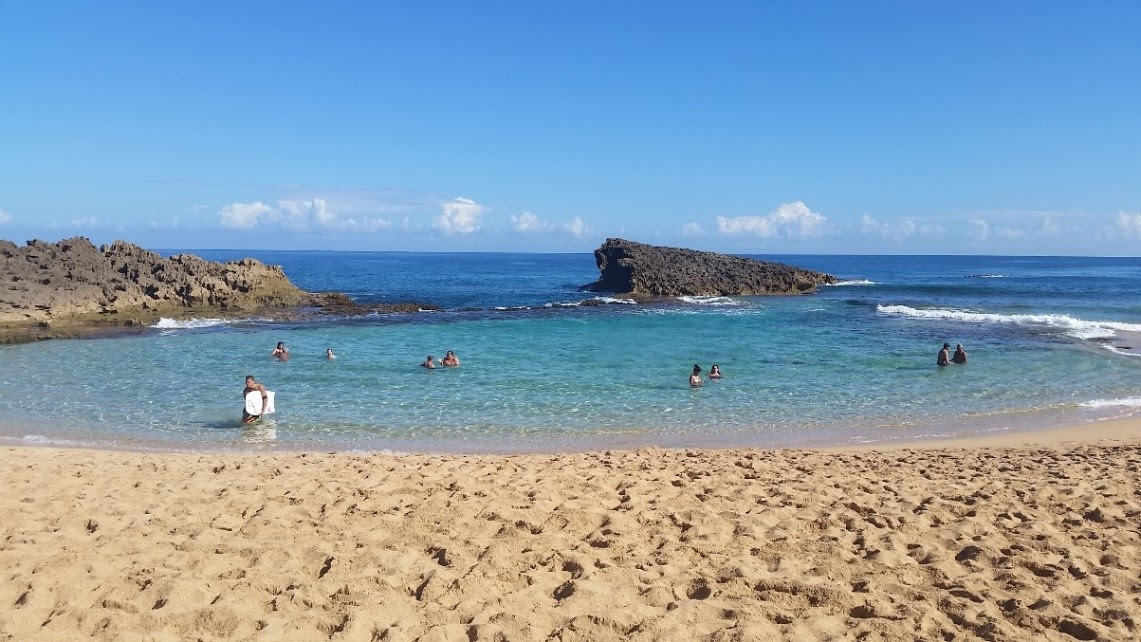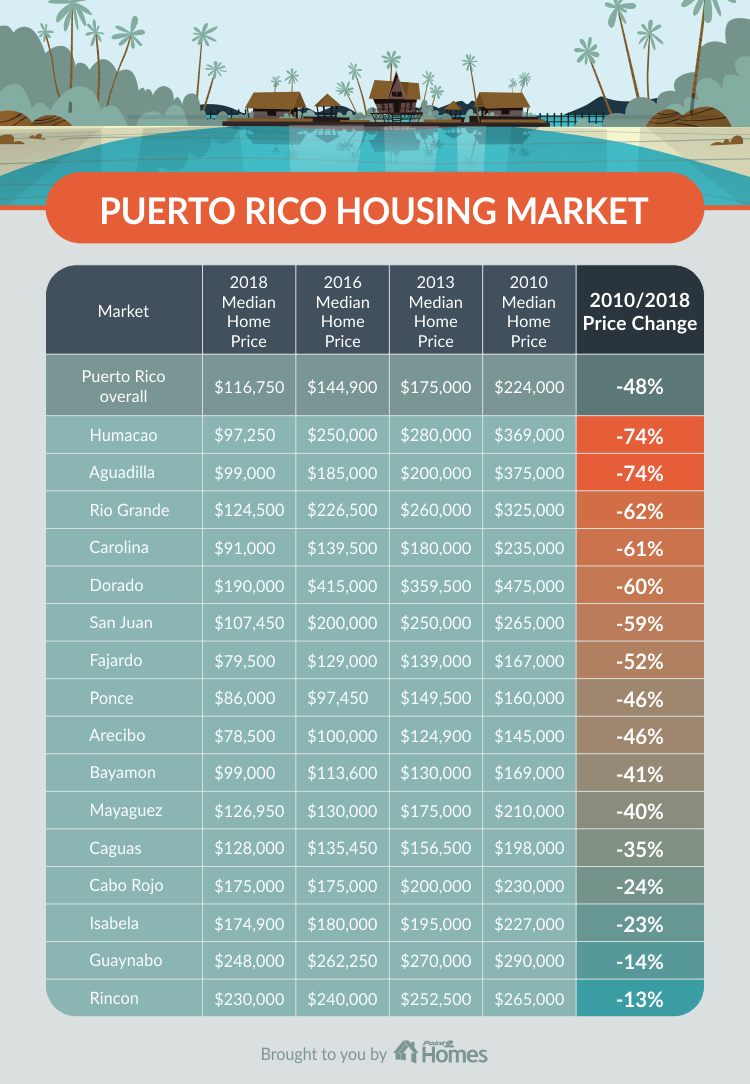Nonprofits seek to rebuild P.R. as a ‘more resilient and equitable island’


RPRAC Executive Director Malu Blázquez-Arsuaga.
The Resilient Puerto Rico Advisory Commission (RPRAC) released “ReImagina Puerto Rico,” an ambitious and pragmatic strategy to rebuild Puerto Rico as a more resilient and equitable island in the wake of Hurricane María.
The blueprint contains 97 concrete actions and recommendations designed to be carried out by a wide variety of actors from the public, private, and non-governmental organizations (NGOs,) the nonprofits stated.
Sample projects include: Developing feasible models to establish land tenure and community ownership in Puerto Rico’s housing market; Establishing reliable and diversified backup energy systems for vulnerable individuals and critical facilities, such as hospitals, schools, and emergency shelters and service facilities; and developing and implementing a disaster resilience strategy for the micro and small businesses of Puerto Rico.
“This document is an initial step in the long journey of reimagining Puerto Rico,” said RPRAC Executive Director Malu Blázquez-Arsuaga, former executive director of the Roosevelt Roads Redevelopment Authority.
“The Commission firmly trusts that the set of recommendations presented in the ReImagina Puerto Rico project provides an initial and clear route to the long-term recovery and reconstruction of Puerto Rico,” she said The history of the new Puerto Rico has begun, and we are proud to be part of its rebirth.”
The commission was created last fall with tested solutions drawn from island stakeholders from all sectors and international experts, to help rebuild Puerto Rico in a way that makes the island stronger — physically, economically, and socially — and better prepared to confront future challenges.
As an immediate next step, RPRAC will present the document to local and federal government officials, municipalities, and NGOs; as well as coordinate a series of town hall meetings across the island — open to the public — the first will be held on June 26 at the University of Sacred Heart in Santurce.
The Commission will also serve as facilitator to connect leaders, collaborators, and sponsors of these initiatives and will begin meetings with organizations such as PECES and the University of Puerto Rico, School of Law, to lead the implementation of the recommendations.
The RPRAC, which has a group of five co-chairs, all of whom have connections to the island. It is supported with funding from The Rockefeller Foundation, the Open Society Foundations, and the Ford Foundation.
“All of us want to see a Puerto Rico that is more equitable for our American brothers and sisters, more resilient to shocks and disasters, and provides opportunity for all Puerto Ricans in good times and bad,” said Rajiv J. Shah, president of The Rockefeller Foundation.
“I’m confident that this strategy will accelerate the public and private sectors — especially in the areas of education, sustainable power, more resilient health care services, and modern infrastructure — to help build back Puerto Rico better than before,” Shah said.
The three organizations have experience in building resilience and helping jurisdictions recover from natural disasters, including hurricanes Sandy and Katrina.
“We believe it’s critical to chart a path toward equitable recovery and growth that benefits all Puerto Ricans,” said Xavier de Souza Briggs, vice president for Inclusive Economies and Markets at the Ford Foundation.
“To get this right will demand engagement by business, government and community leaders committed to the long-term recovery. But we also need to ensure that families and communities whose homes and livelihoods have been up-ended by María have a voice at the table as the plan goes into action,” he said.
The five co-chairs selected 24 commissioners to lead the work, in partnership with 100 Resilient Cities, an organization that helps governments around the world build actionable resilience strategies.
Seventy-seven meetings were held islandwide and more than 750 people participated in the process including community leaders, government officials, non-profit associations, business leaders and professional associations.
Some of these participants include: Puerto Rico Central Office of Recovery, Reconstruction and Resilience (COR3) of the government of Puerto Rico, the Federal Emergency Management Agency, U.S. Department of Housing and Urban Development, the Center for a New Economy, Espacios Abiertos, the Instituto Nueva Escuela, faculty from the University of Puerto Rico and La Red de Fundaciones, among others.
Since coming together in November 2017, the group has spent the last seven months identifying key risks, engaging with the federal, state, and municipal governments, and laying out recommendations to a make Puerto Rico a better place, for all of its citizens.
Support for the commission comes from a pool of funds that are also being used to improve the capacity of philanthropic institutions on the island; develop a more comprehensive damage assessment; and provide immediate recovery assistance.
Also, this initiative aims to influence the preparation, development and implementation of the reconstruction plan being developed by the Government of Puerto Rico for US Congress, as well as the CDBG-DR action plan to be presented to HUD.
“The people of Puerto Rico have suffered unimaginable hardships since the storm hit,” said Patrick Gaspard, president of the Open Society Foundations.
“It is time to move from recovery to rebirth. We are proud to support the work of the commission, fueled by the wisdom of local voices, to help chart the many ways the island can build on the strength and determination of its people, and map a brighter future,” Gaspard said.











How does one offer a project plan for 500 co-op farmers to grow food vertically using aquaponic tower technology in P.R.on 400 available cuerdas?